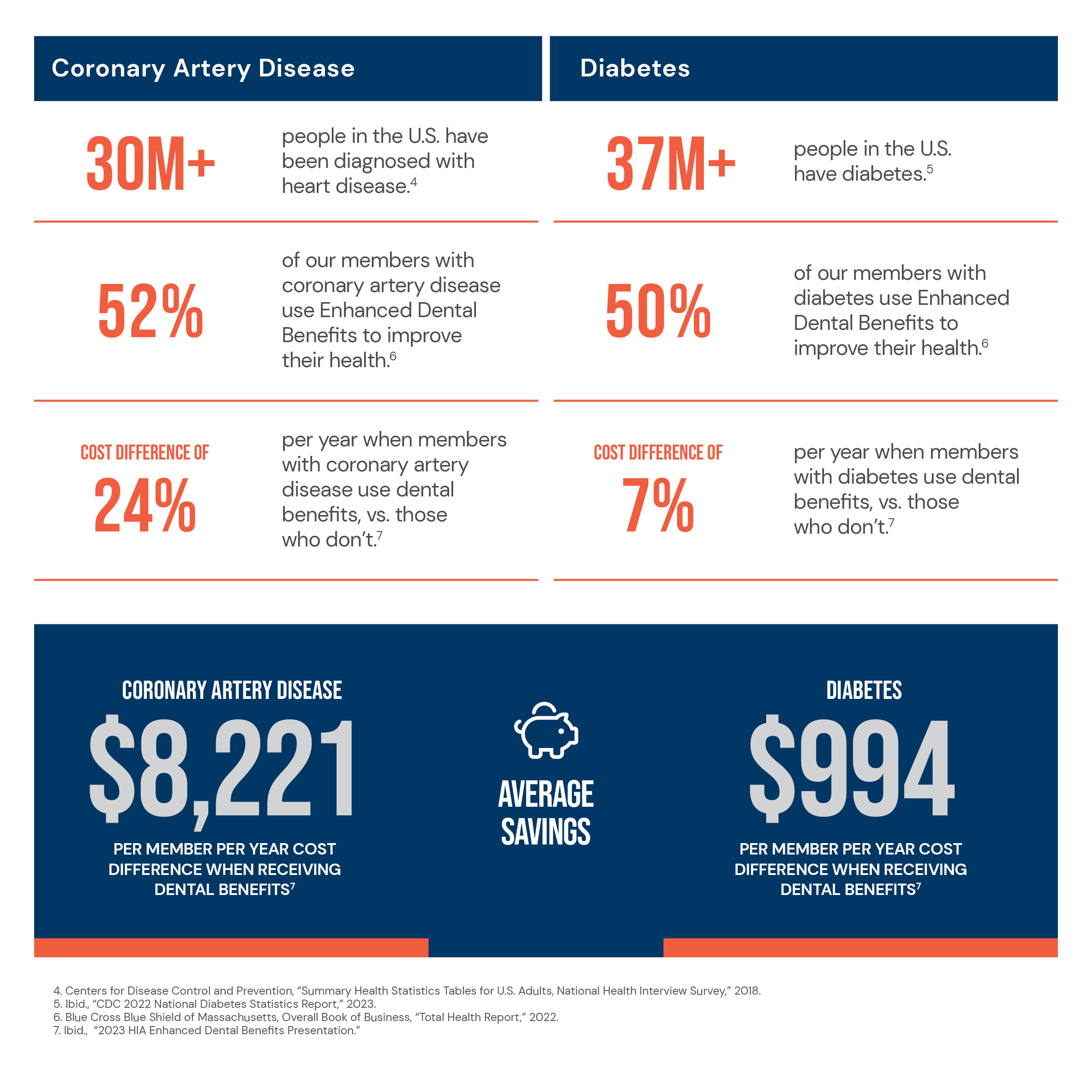
IVF and Progesterone Shots: Your Ultimate Guide to the Journey
April 21, 2025
The Alabama IVF Case: What Happened, Why It Matters, and What’s Next
April 21, 2025IVF Cost with Insurance: Blue Cross Blue Shield Unveiled
Hey there! If you’re reading this, chances are you’re curious about IVF (in vitro fertilization) and how much it might cost with Blue Cross Blue Shield insurance. Maybe you’re dreaming of starting a family, or perhaps you’re just exploring your options. Either way, you’re in the right place! IVF can feel like a big, mysterious puzzle—especially when it comes to money and insurance. But don’t worry, I’m here to break it all down for you in a way that’s easy to understand, with some insider tips and fresh info you won’t find everywhere else.
This isn’t just another boring article about numbers. We’ll dive into the real stuff: what affects IVF costs, how Blue Cross Blue Shield (BCBS) coverage works, and even some sneaky details that could save you cash—or stress. Plus, I’ll sprinkle in stories, fun facts, and practical advice to keep things relatable. Ready? Let’s get started!
What Is IVF and Why Does It Cost So Much?
IVF is like a science-magic trick that helps people have babies when nature needs a little nudge. Doctors take an egg, mix it with sperm in a lab, and then place the tiny embryo back into the womb. Cool, right? But here’s the catch: it’s not cheap. A single IVF cycle can cost between $12,000 and $20,000 without insurance—and that’s before extra fees like medications or fancy tests.
Why the High Price Tag?
- Lab Work: Think of it like a high-tech kitchen. Special equipment and skilled pros are needed to cook up those embryos.
- Medications: Fertility drugs can cost $3,000 to $5,000 per cycle. They’re like the secret sauce that gets your body ready.
- Doctor Visits: You’ll see specialists a lot—sometimes weekly—to check how things are going.
- Emotional Toll: Okay, this isn’t a “cost” you pay in dollars, but it’s real. The stress and hope tied to IVF can feel priceless.
Fun fact: Did you know some clinics offer “mini-IVF,” a cheaper version with fewer drugs? It’s not as common, but it’s worth asking about!
How Does Blue Cross Blue Shield Fit In?
Blue Cross Blue Shield is one of the biggest insurance names out there, covering millions of people across the U.S. But here’s the tricky part: BCBS isn’t one single company. It’s a network of 34 different plans, and each one—like BCBS of Illinois or BCBS of Texas—has its own rules. So, your IVF coverage depends on your specific plan.
Does BCBS Cover IVF?
- ✔️ Sometimes, Yes: Some BCBS plans cover parts of IVF, like diagnostic tests (to figure out why you’re not getting pregnant) or even full cycles.
- ❌ Sometimes, No: Other plans might only cover basic stuff—like hormone checks—and leave IVF out completely.
For example, as of March 2025, the BCBS Federal Employee Program (FEP) offers up to $25,000 for IVF in some of its 2025 plans. That’s huge if you’re a federal worker! But if you’re with, say, BCBS of North Carolina, you might need to dig into your “Benefit Booklet” under “Family Planning” to see what’s covered.
Real Talk: A Couple’s Story
Take Sarah and Mike from Michigan. They had BCBS through Mike’s job. Their plan covered diagnostic tests (about $1,000 worth), but IVF? Nope—out of pocket. They ended up spending $15,000 on one cycle. Meanwhile, their friend Jen, with BCBS FEP, got three cycles mostly covered. Same insurance name, totally different experiences!
Breaking Down IVF Costs with BCBS Insurance
Let’s get to the nitty-gritty: how much will you pay with BCBS? Here’s a breakdown based on what I’ve learned from real people and the latest updates.
The Big Three Costs
- The Procedure Itself: $10,000–$15,000 per cycle. This includes egg retrieval, lab work, and embryo transfer.
- Medications: $3,000–$5,000. These vary depending on your body and how many drugs you need.
- Extras: $500–$2,000. Think blood tests, ultrasounds, or freezing embryos for later.
How BCBS Changes the Math
- Deductible: This is what you pay before insurance kicks in. Say it’s $2,000—you’re covering that first.
- Co-insurance: After the deductible, you might pay 20% of the rest, while BCBS pays 80%. For a $12,000 cycle, that’s $2,400 out of your pocket (after the deductible).
- Out-of-Pocket Max: The most you’ll pay in a year. If it’s $5,000 and you hit it, BCBS covers everything else.
Quick Example:
- Total IVF Cost: $15,000
- Deductible: $2,000 (you pay)
- Remaining: $13,000
- Co-insurance (20%): $2,600 (you pay)
- Your Total: $4,600
- BCBS Pays: $10,400
But if your plan doesn’t cover IVF? You’re looking at the full $15,000. Ouch.
Hidden Costs You Might Miss
- Travel: If your clinic’s far, gas or flights add up.
- Storage Fees: Freezing embryos can cost $500–$1,000 a year.
- Failed Cycles: Most people need 2–3 tries. Multiply those costs!
What Affects Your IVF Coverage with BCBS?
Not all BCBS plans are created equal. Here’s what decides if—and how much—IVF is covered.
Your State Matters
Some states (19 as of 2025) have laws saying insurance must cover infertility treatments. New Jersey, for instance, requires IVF coverage up to $15,000 lifetime. Texas? Not so much. Check your state’s rules—it could save you thousands.
Your Employer’s Choice
If you get BCBS through work, your boss picks the plan. Big companies might add IVF coverage to attract workers (27% of firms with 500+ employees did this in 2020). Smaller ones? Less likely.
Plan Type
- PPO: More flexibility, often better IVF coverage.
- HMO: Cheaper premiums, but stricter rules—IVF might not be included.
Pro Tip: Call BCBS customer service (the number’s on your card) and ask: “Does my plan cover IVF, and what’s the limit?” Write down the answer!
Sneaky Ways to Lower IVF Costs with BCBS
Okay, here’s where we get creative. Even with insurance, IVF can hit your wallet hard. Try these tricks to lighten the load.
Maximize Your Coverage
- ✔️ Pre-Approval: Some plans need this for IVF. Ask first, or you might get stuck with the bill.
- ✔️ In-Network Clinics: Out-of-network? You could pay 40% instead of 20%. Stick to BCBS’s list.
- ❌ Skipping Meds: Don’t—some plans cover drugs separately, saving you big.
Look Beyond Insurance
- Discount Programs: Clinics like CNY Fertility offer IVF for $4,000–$6,000, way below average.
- Fertility Loans: Companies like Prosper Healthcare Lending give low-interest options.
- Grants: Groups like BabyQuest Foundation help cover costs—apply early!
Timing Is Everything
IVF costs reset with your insurance year. If you start in December and finish in January, you might hit two deductibles. Plan for one calendar year to keep it simple.
Expert Quote: “Timing your cycle with your insurance year can cut costs by 20%,” says Dr. Kara Goldman, a fertility specialist at Northwestern University.
Real-Life IVF Costs with BCBS: 2025 Updates
Let’s look at what’s new in 2025 based on the latest BCBS plans and research.
Federal Employees Win Big
The BCBS FEP now offers two nationwide plans with $25,000 IVF coverage. That’s enough for 1–2 cycles, depending on your clinic. If you’re a postal worker, there’s an extra “enhanced” option through Rural Letter Carriers.
Medication Breakthroughs
New generic fertility drugs hit the market in 2024, dropping costs by 15–20%. Ask your doctor if they’re covered under BCBS—some plans lag on updates.
Success Rates vs. Cost
A 2024 study from the American Society for Reproductive Medicine found 41% of first IVF cycles lead to a live birth. Each extra cycle boosts your odds—but also your bill. With BCBS covering part, you might afford that second try.
Table: IVF Success Rates by Age (2024 Data)
| Age Group | Success Rate (1st Cycle) | Avg. Cost with BCBS |
|---|---|---|
| Under 35 | 48% | $4,000–$6,000 |
| 35–37 | 39% | $4,500–$6,500 |
| 38–40 | 29% | $5,000–$7,000 |
| Over 40 | 13% | $5,500–$8,000 |
The Emotional Side of IVF Costs
Money’s only half the story. IVF is a rollercoaster—hope, fear, joy, and sometimes heartbreak. I talked to real people about what it’s like.
Sarah’s Journey
Sarah (yep, from earlier) said, “We budgeted $15,000, but the waiting was worse than the cost. Every test felt like a gamble.” Her BCBS didn’t cover IVF, but she found peace in a support group.
Hidden Hobbies
Did you know some folks pick up quirky habits during IVF? One woman I met started knitting tiny baby hats—hundreds of them—while waiting for results. It kept her hands busy and her mind calm.
Coping Tips
- ✔️ Talk It Out: Free online forums like Resolve.org connect you with others.
- ❌ Bottle It Up: Stress can mess with your cycle—let it out!
- ✔️ Small Wins: Celebrate each step, like a good ultrasound.

FAQs: Your Burning Questions Answered
I’ve heard these over and over, so let’s tackle them!
Does BCBS Cover Egg Freezing?
Sometimes! It’s often tied to “medical necessity” (like before cancer treatment). Call and ask—policies vary.
What If IVF Fails?
Most plans don’t refund failed cycles, but some cover multiple tries (like BCBS FEP’s three-attempt limit). Check your fine print.
Can I Switch Plans?
During open enrollment (usually November–December), yes! Look for one with better IVF benefits.
Expert Quote: “Asking the right questions upfront can save you thousands,” says fertility counselor Lisa Holloway.
Your Step-by-Step Guide to IVF with BCBS
Ready to start? Here’s how to make it smooth.
Step 1: Check Your Plan
- Call BCBS.
- Ask: “What’s my IVF coverage, deductible, and out-of-pocket max?”
- Write it down!
Step 2: Find a Clinic
- Use BCBS’s online provider tool.
- Confirm they’re in-network and do IVF.
Step 3: Budget Smart
- Estimate: Procedure + meds + extras.
- Subtract what BCBS covers.
- Save for the rest—or explore loans/grants.
Step 4: Start the Process
- Get pre-approval if needed.
- Schedule your first appointment.
Pro Tip: Keep a folder for bills and insurance papers. It’s a lifesaver when disputes pop up!

What’s Next for IVF and BCBS?
The future’s looking up! Lawmakers are pushing for more IVF coverage (like the Right to IVF Act), and BCBS keeps tweaking plans. By 2026, we might see cheaper drugs or broader coverage—especially if younger workers demand it.
Fun Prediction
Imagine this: IVF apps that sync with your BCBS plan, showing real-time costs. Tech’s moving fast—why not fertility too?
Expert Quote: “Coverage is evolving because people won’t stay quiet,” says policy analyst Jennifer Klein from the White House Gender Policy Council.

Let’s Chat: Your Turn!
Phew, we covered a lot! What’s on your mind? Drop a comment below—maybe you’ve got a BCBS hack, a question, or just want to share your story. I’ll reply to as many as I can!
- Poll: How much do you think IVF should cost with insurance? $2,000? $5,000? Vote below!
- Challenge: Share one money-saving tip you’ve learned (IVF or not). Let’s help each other out!
Thanks for sticking with me—this journey’s tough, but you’re not alone. Let’s keep the convo going!
